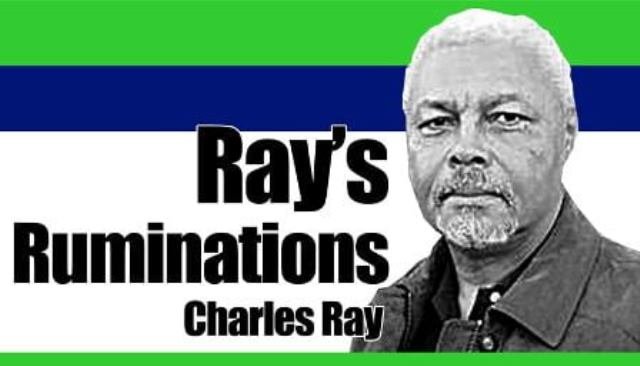
Children all over the world have grown up reading or having read to them the stories collected and published by Jacob and Wilhelm Grimm, two brothers who grew up in the German town of Hanau. Their father died when Jacob was 11 and Wilhelm was 10, which plunged the family into poverty and had a profound effect on them.
While at university, they developed a curiosity about German folklore and from that point on spent their lives collecting German folktales, including stories like Cinderella, The Frog Prince, Hansel and Gretel, Little Red Riding Hood, Rapunzel, Rumpelstiltskin, Sleeping Beauty, and Snow White. Their first publication of folktales, Children’s and Household Tales, was in 1812.
It was only after I was an adult that I learned that some of my favorite childhood stories, like Hansel and Gretel and Snow White and the Seven Dwarfs, were actually English translations of German folktales, and that in their originals they had even more violence and cruelty than the sanitized versions I’d been exposed to.
Armed with this knowledge, I set out to do my own research, not just into the stories and their true meanings, but the Grimm Brothers as well, and what I found is… in a word, shocking.
Take the story of Hansel and Gretel, for example. A story of a brother and sister lost in the woods trying to find their way home. They encounter a witch who wants to cook them, but ends up in her own oven instead.
In reality, it’s a story about a wicked, selfish stepmother who pressures their father to get rid of them. He abandons them in a deep forest where another evil woman wants to make a meal of them, but being from such hardy stock, they turn the tables and bake the evil woman in her own oven.
Snow White’s tale is another saga about an evil woman, Snow White’s stepmother the new queen, who is jealous of her and has her banished to the woods where she is cared for by seven dwarves. Kind of creepy when you look at the details, but yet another story about an evil woman. I’m sensing a thread here, which continues in the story of Sleeping Beauty, another young woman who is victim of the jealousy of an evil stepmother who feeds her a poison apple.
The recurring motif of cruelty, jealousy, and violence, even in the sanitized versions of these stories is chilling really. But there’s also the theme common to many of them of the evil, jealous woman and the easily manipulated man, themes that if you look closely you’ll find exist in many religious philosophies, beginning with the corruption of Eve in the Garden of Eden and her manipulation of a naïve Adam to listen to the serpent and eat of the fruit from the forbidden tree.
Why such themes are so common in so many cultures is something my research has not revealed to the degree that I can make a statement about it, just the fact that they’re there and exist in many otherwise unrelated cultures. The exceptions are matriarchal societies, which also exist around the world, from China in Asia, to Costa Rica, to Kenya. And even these are not truly matriarchal in the sense that women wield ‘all’ the power.
One theory that I’ve encountered to explain this is that patriarchal societies are essentially more warlike and male rule is needed to effectively wage war for a society’s survival. A little more research shows this to be bunk. One only has to look at the Mino, the women warriors of Dahomey; the Mohawk of eastern North America where the Clan Mothers nominated, appointed, and removed male chiefs, or the Minangkabau of Indonesia, women warriors who resisted Dutch colonization for nearly fifteen years.
Getting back to my point, the stories we tell children in their formative years can shape the adults they become, and those adults build the societies that we inhabit. The Brothers Grimm, Jacob and Wilhelm, had tragic childhoods and it’s my belief that they reacted to that childhood by searching out stories from their culture that explained their misery, and then inflicted it upon the rest of us.
Think of that the next time you decide to read your child a bedtime story. | NWI




